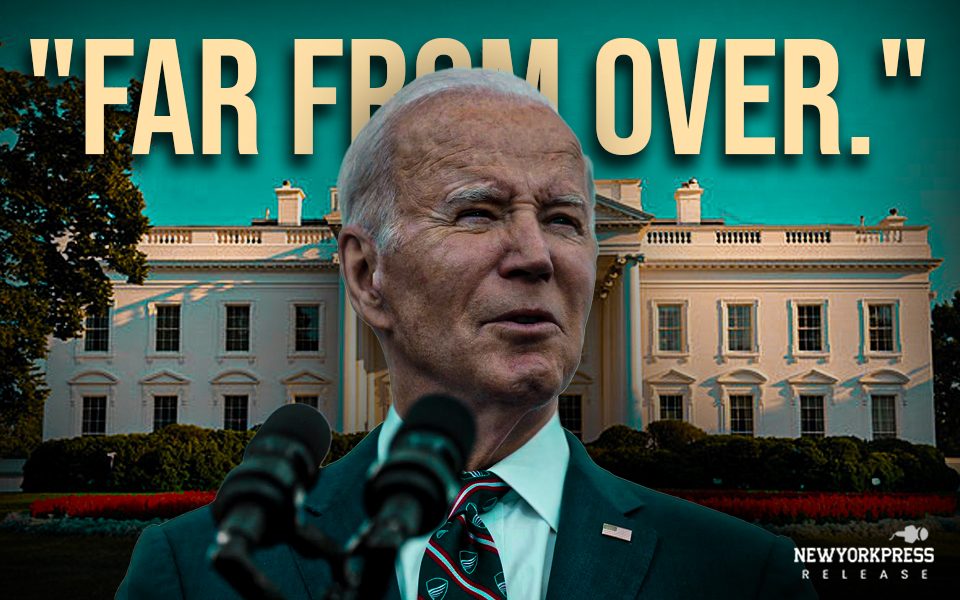Ukrainian President Volodymyr Zelenskyy’s tensions with American President Donald Trump escalated sharply on Wednesday as both leaders traded aggressive words, which made the effort to end the war in Ukraine more complicated. Zelenskyy responded for the first time to the recent comments from Trump by condemning the former president of the U.S. for being swayed by Russian-provided disinformation, while Trump branded Zelenskyy as “a dictator without elections.”
The exchange of words is at a time when relations between the two countries are increasingly tense. Zelenskyy disparaged Trump’s assertions, among which was his unfounded claim that Ukraine was the source of the war. With the war nearing its fourth year, Zelenskyy urged Trump’s administration to be “more truthful” in their words.
This upswing is in direct opposition to the former collaboration between the two nations. With the former administration of President Joe Biden, the U.S. supplied much-needed military assistance to Ukraine to repel the Russian attack and stand Russia alone in the world. Now with Trump wanting to take a different direction, he has begun engaging Russia, communicating that he would be willing to sit down with Putin to work out a peace agreement and meet with the Russian leader.
Trump took to social media to lash out, saying Zelenskyy was only good at bullying President Biden and pushing him to move fast, or Ukraine could lose its sovereignty. Trump also criticized Zelenskyy as “a modestly successful comedian” who convinced the U.S. to spend billions on a war that Trump says could have been avoided.
Putin, however, indicated a willingness to talk with Trump. He stated that although he was willing to negotiate, any possible meeting would have to be properly prepared to bear fruit. Putin also admitted that the crisis in Ukraine might take longer to resolve than had initially been expected, but he was willing to talk with Trump.
As the situation grew more explosive, the way towards peace was doubtful as the two leaders kept on exchanging insults making it even more difficult for the conflict of the war to be settled.




